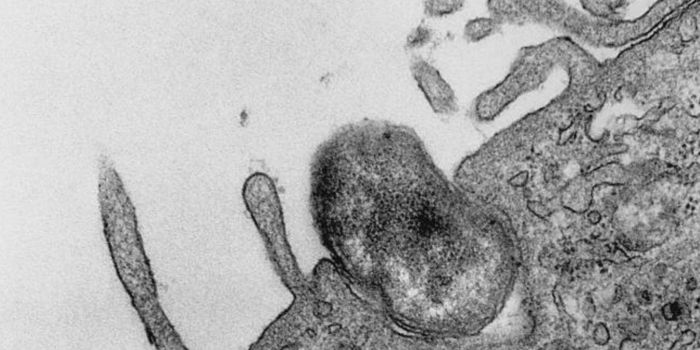Genomic study of cervical cancers in sub-Saharan Africa
A first-of-its-kind study provides a comprehensive genomic study of cervical cancers in sub-Saharan Africa. Sub-Saharan African countries have the highest death rates of cervical cancer in the world, accounting for 19 of the 20 countries with the highest global rates. Every year the disease kills 300,000 women, most of them in sub-Saharan countries.
The genomic study hones in on tumors from 212 Ugandan patients with cervical cancer. Led by Akinyemi I. Ojesina, M.D., Ph.D., University of Alabama at Birmingham, in collaboration with international colleagues, the study analyzed mutational changes in the DNA of the tumor cells. In contrast to other genomic studies, this one "is the first cervical cancer study to focus on whole-genome sequencing of all samples -- as opposed to whole-exome -- leading to the identification of noncoding alterations," says Ojesina.
Additionally, says Ojesina, "This study is novel as the first cervical cancer study in which the majority of patients were positive for HIV -- the virus that causes AIDS. This allowed the identification of genomic features that distinguish HIV-positive and HIV-negative patients."
The researchers analyzed gene transcripts to identify overexpressed and down-regulated genes, in addition to looking at non-mutational, or epigenetic, changes that can affect gene regulation. In some of the tumors in the study, they found specific histone variants that can regulate gene expression, noting that histone modification at HPV integration events was correlated with the upregulation of nearby genes and endogenous retroviruses.
Ojesina explains that this study fills in gaps in the Cancer Genome Atlas, which is severely lacking data on cervical cancers in sub-Saharan Africa. Hinting at the inequity in cancer databases, Ojesina comments that the study "is novel for the identification of unique genomic features associated with the African cohort compared with The Cancer Genome Atlas."
"Large-scale genomics studies like this are important," conclude the study’s co-authors, "particularly in under-represented ancestry groups, to understand molecular phenotypes of these cancers, which can lead to improved treatment options."
The study was published in Nature Genetics under the title, "Analysis of Ugandan cervical carcinomas identifies human papillomavirus clade-specific epigenome and transcriptome landscapes."
Sources: Nature Genetics, Eureka Alert









